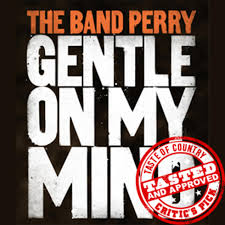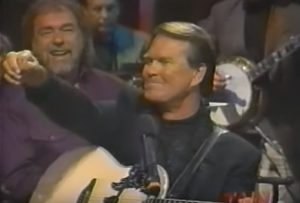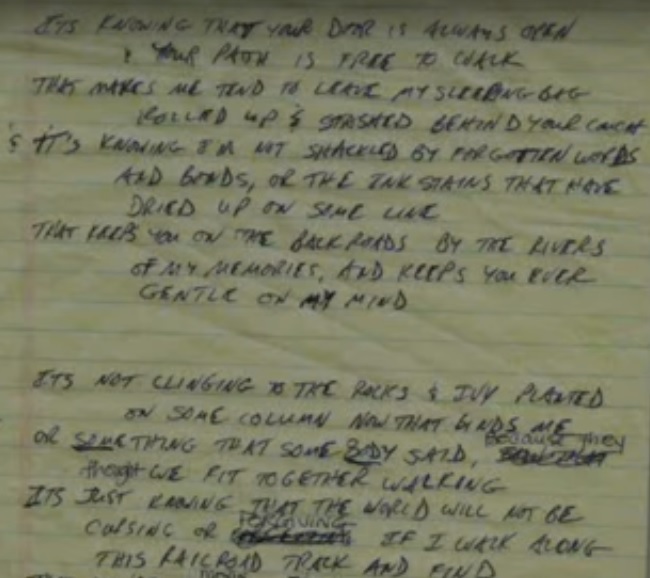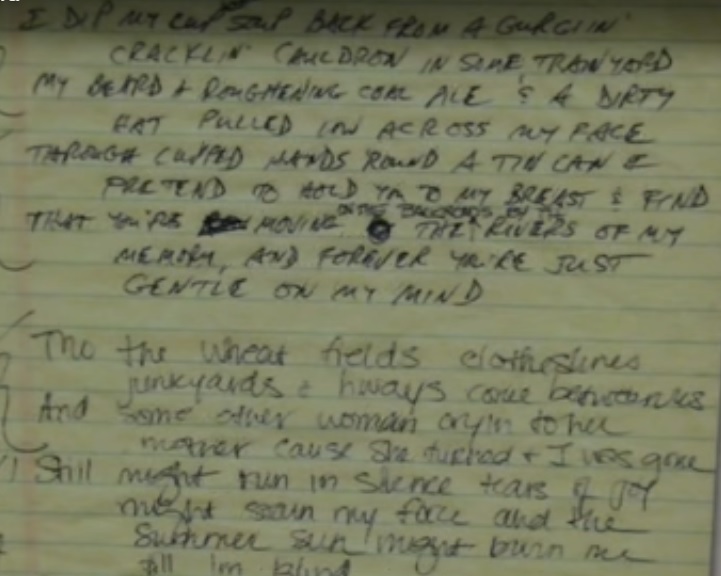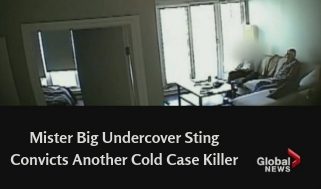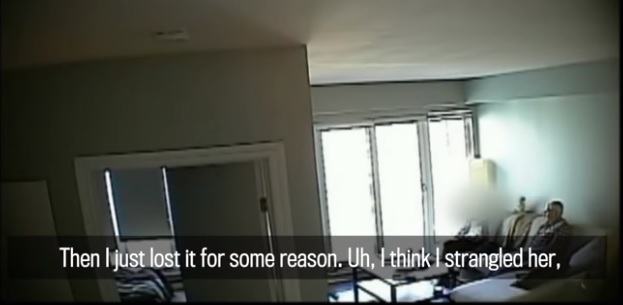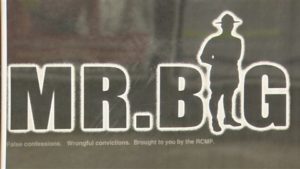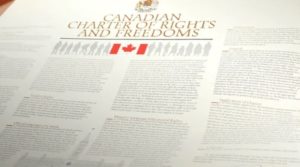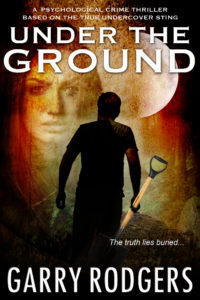Please welcome super-successful writer, savvy social media specialist, and total-no-bs marketing expert Rachel Thompson of Bad Redhead Media with her thought-provoking post shared on DyingWords.net.
 Regardless of how you publish your books, articles, or blog posts, the secret to being a successful writer is not anything pie-in-the-sky or full of inspirational goo-gah. Besides, I’m not the kind of person to spray glittery sunshine up your you-know-what, so here’s the real deal. It’s the big secret. Ready? Grab your pen.
Regardless of how you publish your books, articles, or blog posts, the secret to being a successful writer is not anything pie-in-the-sky or full of inspirational goo-gah. Besides, I’m not the kind of person to spray glittery sunshine up your you-know-what, so here’s the real deal. It’s the big secret. Ready? Grab your pen.
Don’t Be Lazy.
That’s it. Let me deconstruct this a bit. Pull up a chair.
Make It Happen
You. Yes, you. Stop looking around.
 I’ve worked with writers in all kinds of ways since hmmm, gosh, 2009-ish. Ten years of observing that unique species of human we refer to as, writer. I’m a writer myself (six books released so far , been in a few anthologies, two new books on deck for this year), so I fully comprehend the challenges of balancing writing, marketing, the day job, real life, chronic pain, mental health, and single parenting.
I’ve worked with writers in all kinds of ways since hmmm, gosh, 2009-ish. Ten years of observing that unique species of human we refer to as, writer. I’m a writer myself (six books released so far , been in a few anthologies, two new books on deck for this year), so I fully comprehend the challenges of balancing writing, marketing, the day job, real life, chronic pain, mental health, and single parenting.
Completely and totally get it.
There isn’t room in any of those roles to be lazy if we’re being #TruthBomb honest here. Yet, in my ten years of working directly with writers, I can count on one hand the writers who are get-out-of-my-way go-getters.
Not the kind who will eat you for lunch with some fava beans and a nice chianti. I mean those who actively set aside time for writing AND marketing AND promoting strategically — not creepy, spammy, ‘must take a shower after seeing this’ ways. Nope, I mean those who treat their publishing career as a business, not a hobby where they lollygag around on social media arguing politics or talking about writing their book, then hope and pray someone eventually buys it.
 In fact, I so related to that panicky, ‘Where do I even start?” feeling I experienced with my first book back in 2012, that I created an entire month last year (year two is happening right now! and every May going forward if I decide to continue this exhaustive effort) where I’ve wrangled publishing experts this entire month of May to generously donate books, guides, and consultations, and yet shockingly (she says not shocked), few writers are taking advantage of it.
In fact, I so related to that panicky, ‘Where do I even start?” feeling I experienced with my first book back in 2012, that I created an entire month last year (year two is happening right now! and every May going forward if I decide to continue this exhaustive effort) where I’ve wrangled publishing experts this entire month of May to generously donate books, guides, and consultations, and yet shockingly (she says not shocked), few writers are taking advantage of it.
When I speak with them as to why not, several have told me they know about it but don’t want to participate because then they’ll HAVE to work on their writing and marketing.
This baffles me. And yet, nah, it doesn’t.
Lazy Writer Syndrome
It’s a thing, right? We all get it. I get it, too.
 It’s not that I’m not writing. I’m here, aren’t I? I also write for my own author blog (RachelintheOC.com as well as on Medium, which are important parts of my author marketing and business marketing. I have those two manuscripts mentioned above on my desktop: one is in edits, and the other is in draft. I also keep a journal, a planner, and a book just for creative notes and ideas.
It’s not that I’m not writing. I’m here, aren’t I? I also write for my own author blog (RachelintheOC.com as well as on Medium, which are important parts of my author marketing and business marketing. I have those two manuscripts mentioned above on my desktop: one is in edits, and the other is in draft. I also keep a journal, a planner, and a book just for creative notes and ideas.
So, yea, I’m writing. Yet sometimes it feels like I’m not writing writing.
Am I accomplishing stuff? Am I climbing the mountain? Well, yea. Kinda.
 It feels like this: it’s a big mountain, full of mud. It’s raining. Hard. I’m carrying this heavy weight. But I’ve got this! It’s just that some days it’s just…so exhausting. Or I have a migraine. Or I’m running my kids around (single mom). Or I’ve got client deadlines (solopreneur).
It feels like this: it’s a big mountain, full of mud. It’s raining. Hard. I’m carrying this heavy weight. But I’ve got this! It’s just that some days it’s just…so exhausting. Or I have a migraine. Or I’m running my kids around (single mom). Or I’ve got client deadlines (solopreneur).
So, I set the weight down and make camp. For a little while. To rest and recuperate. And then get back out there when I’ve got my wind back.
That’s okay. I’m getting there. We’re all getting there (wherever the hell there is). (Maybe lazy doesn’t describe me. I am a Capricorn, after all.)
Are You a Lazy Writer?
These are the hard questions you have to ask yourself:
- What am I doing to move my writing career forward?
- What am I not doing?
- What actions am I taking to build relationships with readers?
- How can I learn more about how to market my work?
- How am I standing in my own way?
Creating an author platform is not a choice in today’s market. It’s not an option. At least, not if you want to sell books and be taken seriously by not only readers but also other writers, book bloggers, and book reviewers (as well as agents and publishers, if you go that route, or plan to). Many writers refuse to treat their writing like a business — they think if they can just sign with a traditional publisher, and then that publisher will swoop in and do all that work for them.
If only.
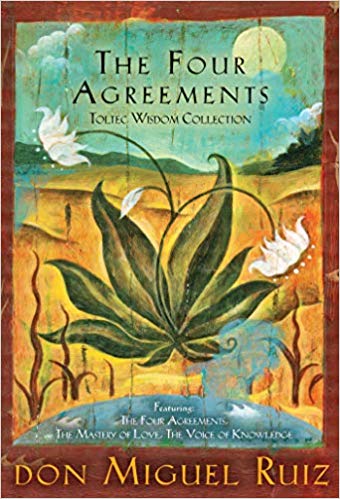 As a survivor of childhood sexual abuse, I deal with many stumbling blocks: anxiety, depression, chronic pain. There are days where all I can do is the bare minimum for my business, kiss my kids, and that’s it. And that’s okay. Big fan of The Four Agreements: always do your best, and if your best is just getting out of bed that day, okay. I Scarlett O’Hara that bitch: tomorrow is another day.
As a survivor of childhood sexual abuse, I deal with many stumbling blocks: anxiety, depression, chronic pain. There are days where all I can do is the bare minimum for my business, kiss my kids, and that’s it. And that’s okay. Big fan of The Four Agreements: always do your best, and if your best is just getting out of bed that day, okay. I Scarlett O’Hara that bitch: tomorrow is another day.
In my business, many of my clients are traditionally published. Big 5 even. They hire me to do their social media and book marketing because no publisher does that for them. It’s on you, writer friends. Start early, share often. Learn author branding (we brand the author, not the book).
You don’t need to hire someone to do this marketing stuff for you. You learned how to write. You can learn how to market.
The other big secret I’ll share with you is this: book marketing isn’t about spamming your book links with everybody (that’s desperation). It’s about building relationships with readers early on.
I do a free weekly chat on my @BadRedheadMedia business Twitter, #BookMarketingChat, every Wednesday, 6 pm pst, 9 pm est. Every week for the last 4 years, I share my time and/or recruit an expert in publishing and marketing to share their expertise with you, the writing community.
Invariably, someone says, “Yea, I should do that,” or “I’ll give that a try.”
Writing is great. Publishing is a business. Treat it like one.
~Rachel Thompson
* * *
About Rachel Thompson
 Rachel Thompson is the author of the award-winning, bestselling Broken Places (one of IndieReader’s “Best of 2015” top books and 2015 Honorable Mention Winner in the Los Angeles and San Francisco Book Festivals), and the multi-award-winning Broken Pieces, as well as two additional humor books, A Walk In The Snark and Mancode: Exposed.
Rachel Thompson is the author of the award-winning, bestselling Broken Places (one of IndieReader’s “Best of 2015” top books and 2015 Honorable Mention Winner in the Los Angeles and San Francisco Book Festivals), and the multi-award-winning Broken Pieces, as well as two additional humor books, A Walk In The Snark and Mancode: Exposed.
Rachel released the BadRedhead Media 30-Day Book Marketing Challenge in December 2016 to rave reviews, with an updated ebook and print version in December 2017. She also released an SEO mini-book just for writers in February 2018 which immediately shot to #1 on 5 lists! You can purchase that here for only 99c.
Rachel Thompson owns BadRedhead Media, creating effective social media and book marketing campaigns for authors. Her articles appear regularly in The Huffington Post, IndieReader.com, FeminineCollective.com, Medium, and Mogul.
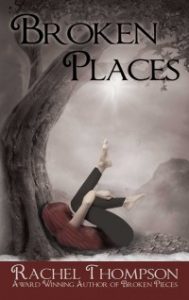 Not just an advocate for sexual abuse survivors, Rachel is the creator and founder of the hashtag phenomenon #MondayBlogs, the weekly live Twitter chat, #SexAbuseChat, co-hosted with C Streetlights and Judith Staff (every Tuesday, 6pm pst/9pm est), and #BookMarketingChat (every Wednesday 6pm pst/9pm est), helping authors learn all kinds of great tips to market their books!
Not just an advocate for sexual abuse survivors, Rachel is the creator and founder of the hashtag phenomenon #MondayBlogs, the weekly live Twitter chat, #SexAbuseChat, co-hosted with C Streetlights and Judith Staff (every Tuesday, 6pm pst/9pm est), and #BookMarketingChat (every Wednesday 6pm pst/9pm est), helping authors learn all kinds of great tips to market their books!
Rachel hates walks in the rain, running out of coffee, and coconut. She lives in California with her family.


